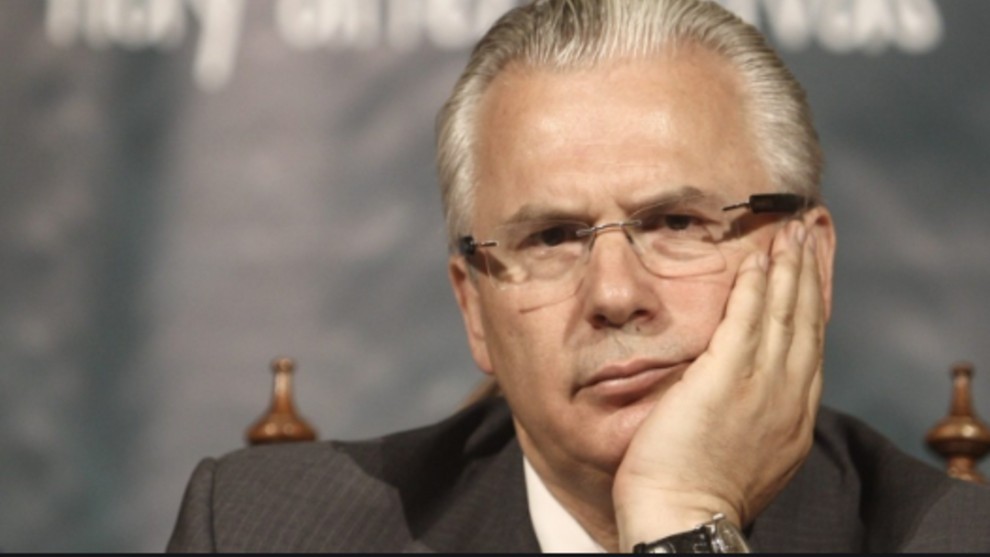The Diplomat
The Special Chamber of the Supreme Court considers that an opinion of the United Nations (UN) Human Rights Committee, such as the one that has found in favour of former judge Baltasar Garzón, is not comparable to a decision of the European Court of Human Rights (ECHR) and recalls that -according to the Organic Law of the Judiciary- only Strasbourg decisions enable the review of sentences.
In a ruling dated 12 February 2020, reported by La Razón and accessed by Europa Press, the High Court points out that “it is not appropriate to equate the judgments of the ECtHR with the recommendations or rulings of the various committees of the various international organisations that rule on the fulfilment of the obligations assumed by Spain in the field of human rights”.
The magistrates, including the President of the General Council of the Judiciary (CGPJ) and the Supreme Court Carlos Lesmes, recall that Organic Law 7/2015, of 21 June, provides that only the resolutions of the ECtHR are authoritative for the “review of the judgments in which the violation of the fundamental right occurred”.
According to Article 5 bis of the Organic Law of the Judiciary, an appeal for review may be brought before the Supreme Court against a final judicial decision, in accordance with the procedural rules of each jurisdictional order, when the ECtHR has declared that said decision has been handed down in “violation of any of the rights recognised in the European Convention for the Protection of Human Rights and Fundamental Freedoms and its Protocols”.
The law also specifies that the judgment will be reviewed “whenever the violation, by its nature and gravity, entails effects which are intended and cannot cease in any other way than by means of this review”.
Former judge Garzón, as part of his defence strategy, appealed his case to the Constitutional Court and the European Court of Human Rights. Both rejected outright his appeals against the conviction for prevarication imposed on him by the Supreme Court. On Thursday, the UN Human Rights Committee ruled in his favour.
The opinion concludes that the Supreme Court violated the right to the presumption of innocence and the right to review of the conviction and sentence of the former judge of the Audiencia Nacional Baltasar Garzón in 2012, when it sentenced him to 11 years of disqualification for a crime of prevarication for ordering the tapping of the phones of the lawyers of the main defendants in the ‘Gürtel case’.
It states that the former judge did not have “access to an independent and impartial tribunal in the proceedings against him in the Franquismo and Gürtel cases”. And it indicates that his conduct did not constitute a serious incompetence that could justify the criminal conviction that led to him losing his position as head of the Central Court of Instruction Number 5 of the Audiencia Nacional.
The independent expert body maintains that Spain must compensate the former judge for the damage caused, that it “has an obligation” to “erase the criminal record” and that it must “adopt measures to prevent similar violations in the future”.
Within the framework of the procedure, and in accordance with article 106 of the Committee’s Rules of Procedure, a “special rapporteur” will be appointed to follow up on the opinion adopted in order to “ensure” that Spain has taken measures to “give effect” to the resolution.
Spain must submit its “written explanations or statements” and advise whether it has taken action on the case of former judge Baltasar Garzón within six months to the UN Human Rights Committee, as required by the International Covenant on Civil and Political Rights.







